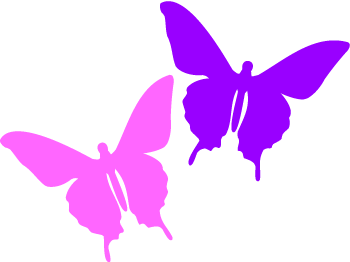top of page
Also known as the Leaf Butterfly, the Dry Leaf Butterfly or the Cramer's Leafwing Butterfly.
Species of this genus (Zaretis) can be found in transitional, seasonal forest and are also found in savanna like (Brazilian cerrado) environments.
They are active in the hottest hours of the day, feeding primarily on fermenting fruits and other expulsions found on tree trunks.
They have a slightly orange hue, as well as presenting a brown to black area on the dorsal and outer half of their forewings.
Seen from below, they resemble a dry leaf, with mottled designs reminiscent of a fungal attack and, in some specimens, translucent areas that appear to be the attacks of insects.
In addition, they present extensions in their posterior wings that resemble leaf stems.
Females tend to have a more yellow cast.
They are generally found found in the Atlantic Forest of Brazil and from Panama to the Amazon River basin, in Paraguay and Argentina.
They prefer to stay between 0 - 600 meters of elevation.
Because of their very effective camouflage, they are often followed visually when they are flying, and lost immediately in the vegetation when they land.

Adult diet: juices from fermented fruits.
Avg. wingspan: up to 6.6 cm. / 2.6 “.
Family: Nymphalidae.
The single biggest threat to butterfly survival is habitat destruction!!

bottom of page

